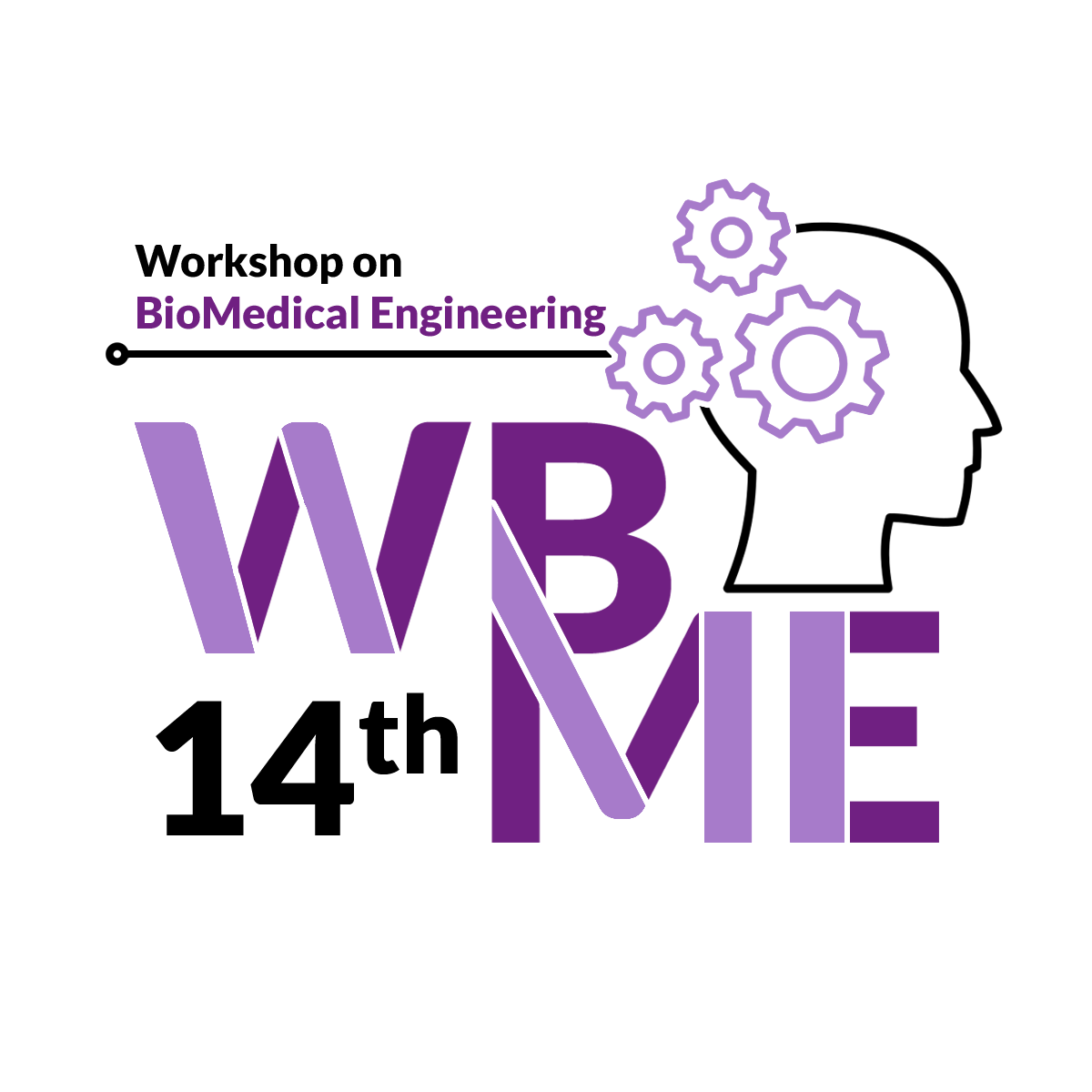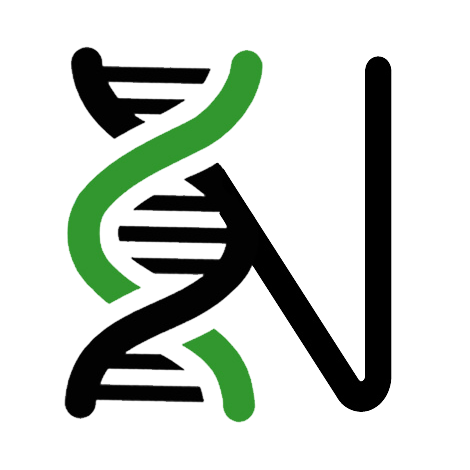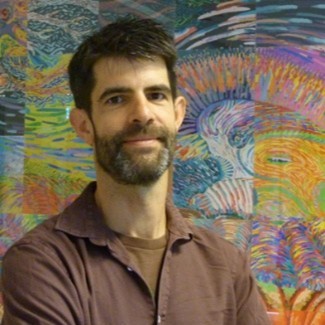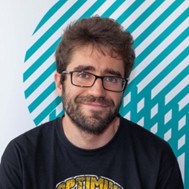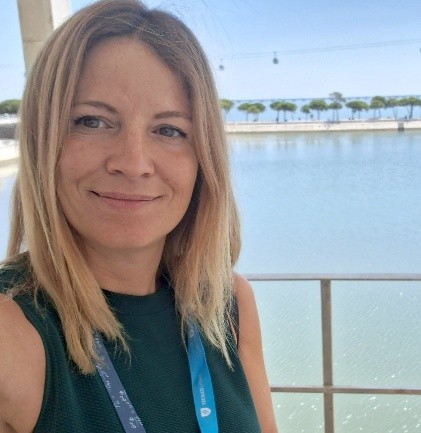Welcome To WBME
The main goal of this annual conference is to expose students, engineers, scientists and the overall academic and scientific communities to the greatest recent advances in the fields of Technology, Health and Biomedical Engineering taking place in some of the most prestigious research institutions. Each year different subjects are explored, always according to our audience's preferences. This is a 100% free event, so make sure you don't miss it!
In 2025, for the 17th WBME, we’ll delve into cutting-edge topics such as Artificial Intelligence and Computer Vision in Surgical Robotics, Quantitative MRI for understanding brain structure and function, Computational Neuroscience and Brain Network Modeling, and the intersection between Environmental Factors, Machine Learning, and Neuropsychiatric Disorders. Join us on October 18th to explore the future of Biomedical Engineering!
For the practical workshops, we’ll offer training in soft skills, as well as specialized sessions in Brain-Computer Interfaces and Healthcare Data. The week will conclude with an extensive masterclass on Cognitive Neuroimaging. Join us from October 13th to 17th!
For fifteen years, WBME was held only for one Saturday.
On the 17th edition we mantain the event molds, keeping the adding practical workshops
in the following week, in order to provide students with a more in-depth
knowledge and to teach them some useful tools for both their academic and
professional career. Plus, being a completely free event, it's the perfect
opportunity for students to brush up their skills and learn a bit more!
We hope this event will contribute to open new opportunities for research,
from contact with people of the best science universities in the world, in this
fascinating area that is changing the world of healthcare and life quality.
Faculdade de Ciências da Universidade de Lisboa
Speakers
Program - 18th October
Opening Session
Networking with Coffee Break
Lunch Break
Early-life exposure to second-hand smoke is associated with altered reinforcement learning
Prof. Vasco ConceiçãoCoffee Break
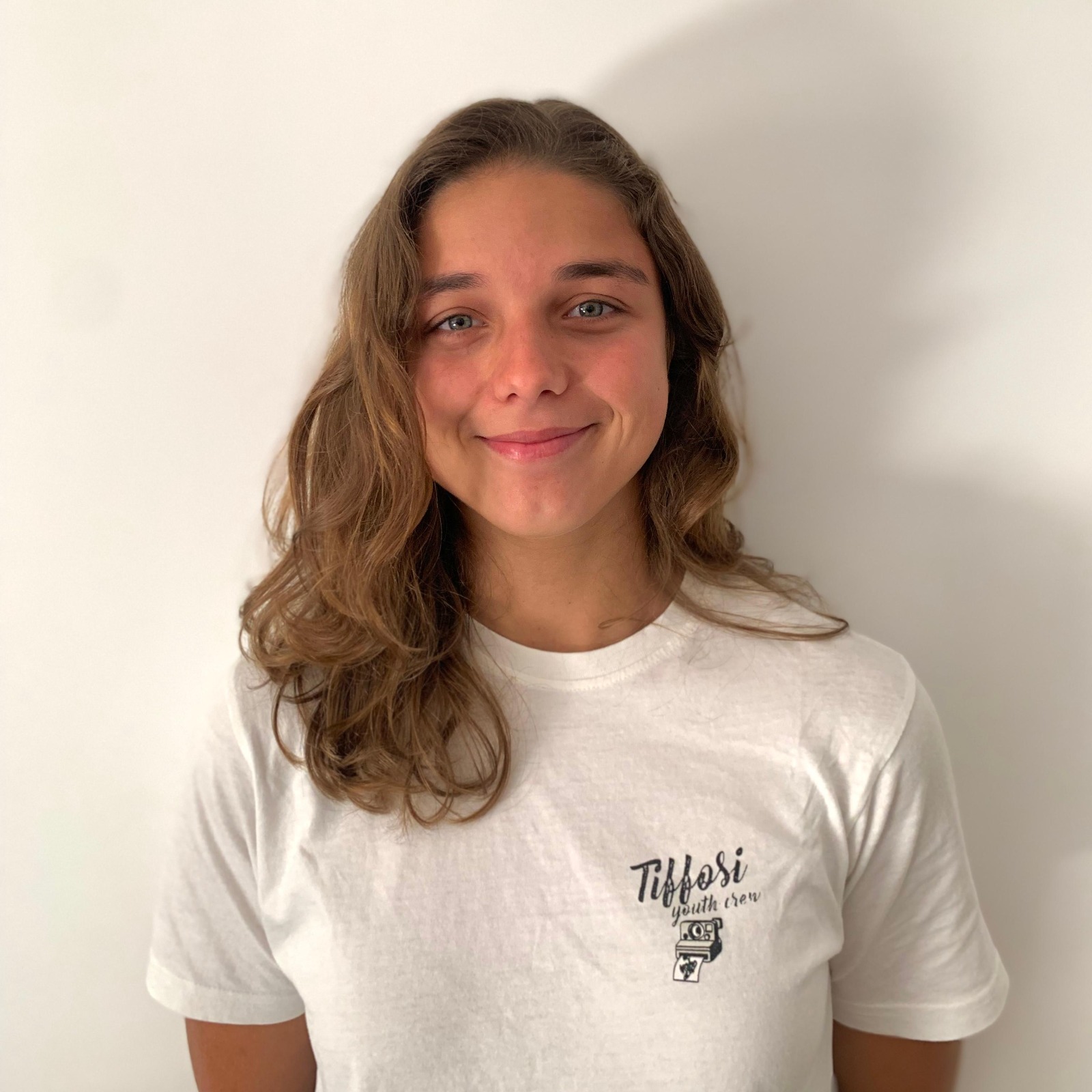
Best Alumni
Identifying EEG Biomarkers of Virtual Embodiment for Restorative Brain-Computer InterfacesEng. Daniela Esteves
My master’s dissertation explored how combining Motor Imagery–based Brain–Computer Interfaces (MI-BCIs) with Virtual Reality (VR) can enhance post-stroke neurorehabilitation. After a stroke, patients often lose motor function in the upper limbs, and traditional physical therapy alone may not fully restore it. MI-BCIs offer a promising alternative by enabling patients to train their brains through imagined movements, activating neural pathways similar to those used during actual motion and promoting neuroplasticity. When integrated with immersive VR, these systems can further boost engagement and recovery. A key element of this technique is the Sense of Embodiment (SoE), the illusion of owning and controlling a virtual body, which can potentially accelerate brain recovery. My presentation will delve into how this combination of MI-BCI and VR can reshape neurorehabilitation for post-stroke patients, highlighting the fascinating role of SoE in driving brain recovery. -->
Closing Session with Poster Winner Reveal
Workshops, Visitas e Masterclass

Brain-Computer Interfaces
Daniela Esteves e Madalena ValenteDuration: 1h30
Language: Portuguese
Location: FCUL - 1.5.10
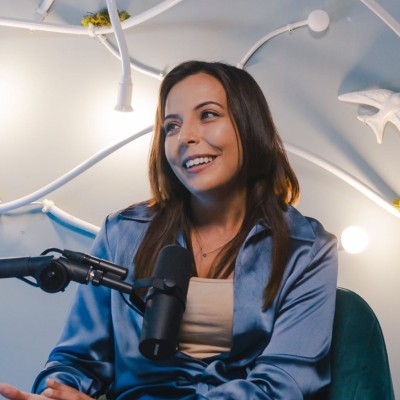
Softskils
Prof. Ana PrataDuration: 1h30
Language: Portuguese
Location: FCUL - 1.4.14
The T-Shaped Engineer:
Go beyond technical expertise. Build skills that set you apart in tomorrow’s job market.
In an increasingly competitive market driven by rapid technological revolutions, technical expertise alone is no longer enough—especially for those yet to enter the workforce. This workshop will help you break the classic cycle of “no experience, no job / no job, no experience.” Together, we’ll explore how to cultivate an entrepreneurial mindset, strengthen essential soft skills and manage knowledge effectively. Expect a dynamic session designed to highlight how to stand out in the job market, and equip you to create real value in the future of engineering.
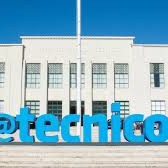
Visit to Biomecanics Laboratory
Duration: 1h00Language: Portuguese
Location: Instituto Superior Tecnico
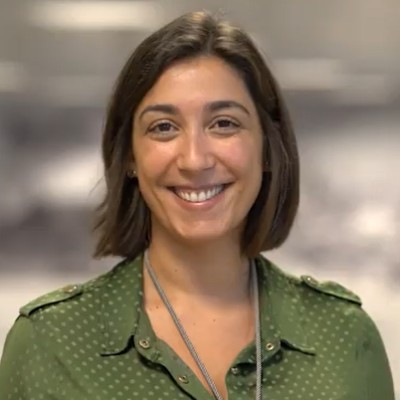
Data Healthcare
Ana Margarida Lopes - GlintDuration: 1h30
Language: Portuguese
Location: FCUL - 1.4.20
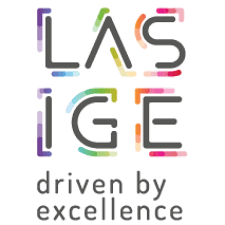
Visit to Lasige
Duration: 2hLanguage: Portuguese
Location: FCUL
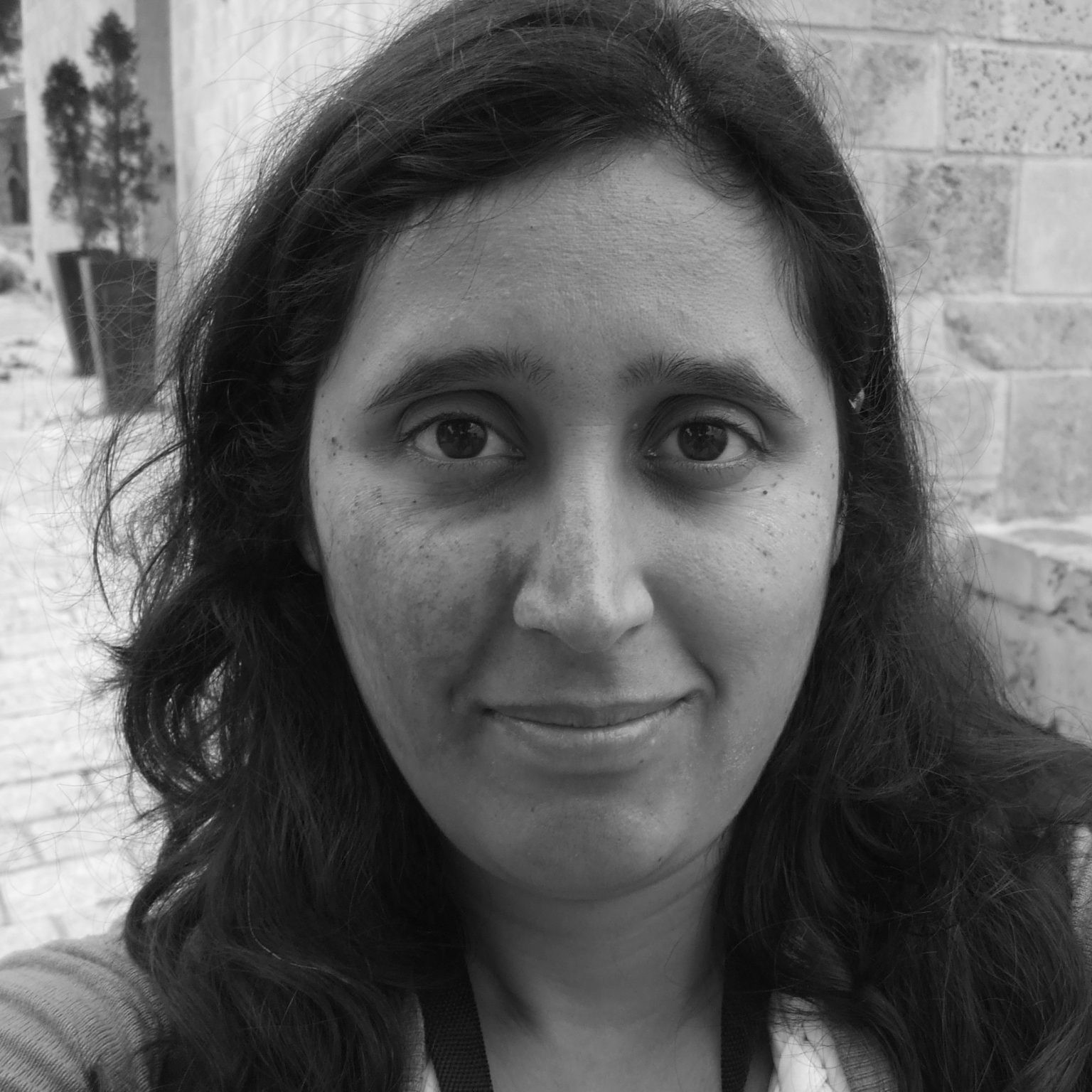
Masterclass about Neurogenereative Diseases
Prof. Sofia FernandesDuration: 1h00
Language: Portuguese
Location: FCUL - 1.3.15
